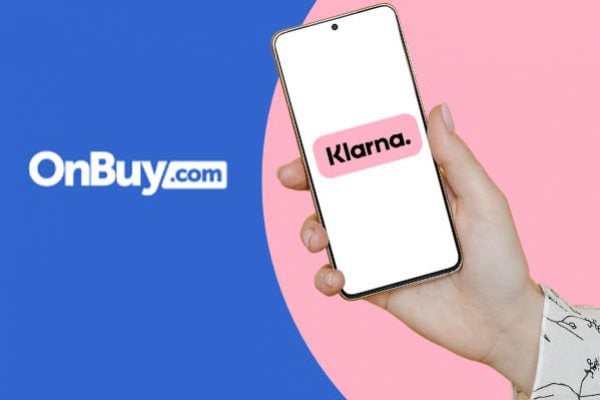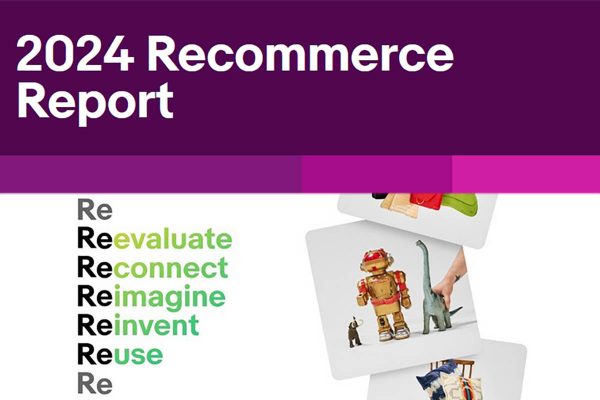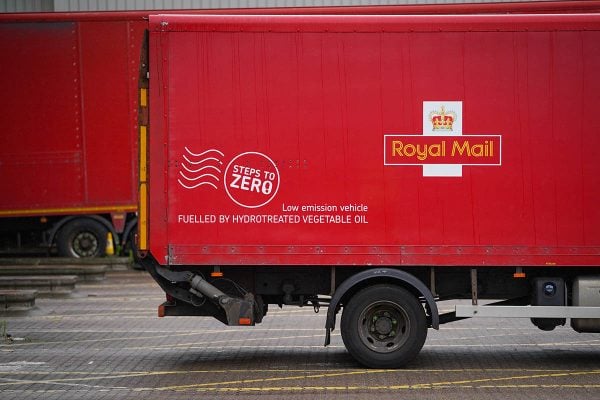The cost of adoption puts a spotlight on merchants’ failure to embrace ‘buy now, pay later’ business model as the majority of UK SMEs cite it as the biggest roadblock to the introduction of the payment’s service, says new research by Klarna.
The research polled 100 online UK small to medium-sized enterprises (SMEs) to understand their attitude towards the introduction of flexible payments to their business.
According to the research, 53% of the surveyed UK pure players say the financial burden is behind the introduction of the instalment payments option to their business, with 48% citing uncertainty around Brexit as the reason they’re halting investment, and not knowing (31%) whether the payments service will provide the most profitable return on investment (ROI).
However, the research highlighted mixed feelings amongst the respondents. The majority (53%) consider the failure to embrace the ‘buy now, pay later’ payments luxury as “damaging” in the long run, given the increased competition from bigger players who attract shoppers with flexible payments options.
Encouragingly, the research shows that online SME retailers are thinking ahead and have plans in place to boost customer experience within their businesses over the next 12 months. As well as recognising the potential of innovative technologies, they also understand the importance of an omnichannel presence, with three quarters (74%) having created some form of physical experience for their customers in the past.
While customer loyalty remains stable, the research shows SMEs are losing more customers than they should during the checkout process; one in five (21%) visits result in a dropped basket, raising a question as to whether the inability of splitting the payment plays a role in the customers’ purchasing decision.









